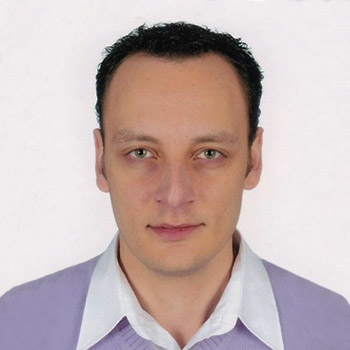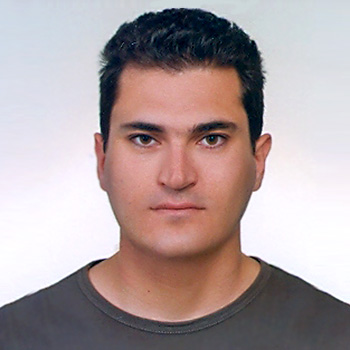Electronics
Module ID
Υ203
Semester
2
Hours/Week - ECTS
5 – 5

Chaikalis Konstantinos
Professor
Tilemachos Stylianos
Special Technical and Laboratory Staff
Evagelos Karamoustos
Laboratory Teaching Staff (LTeS)
Learning Outcomes
The course is the basic introductory course in modern electronic technology and covers the circuit implementation of basic digital and analog electronic devices with MOS transistors as well as computer simulation of electronic circuits.
Upon successful completion of the course, the student will be able to:
- Know the basic theory of semiconductor materials, as well as the physical construction and operation of n-type and p-type MOS transistors.
- Know the implementation of basic logic gates through MOS transistors (CMOS technology) and be able to calculate their basic performance parameters (delay and power consumption).
- Know the design of basic amplifier devices through MOS transistors and can calculate their basic performance parameters (gain and bandwidth).
- Become familiar with the basic process of computer simulation of electronic circuits, which occupies a significant part of the design process before the final implementation.
Indicative Module Content
- Review of Kirchhoff laws.
- Conductors, insulators, semiconductors, p- and n-type semiconductors.
- Diodes, diode models, diode applications (semi-rectification, full rectification, etc.).
- Special types of diodes (LED, Zener), applications (stabilization, etc.).
- Bipolar transistors (operating principles, types, operating ranges, polarization).
- Amplifiers with bipolar transistors.
- FETs (operating principles, types), MOSFETs (operation, features, equations, applications).
- Differential amplifier, operational amplifier, applications.
- Oscillators, Filters.



